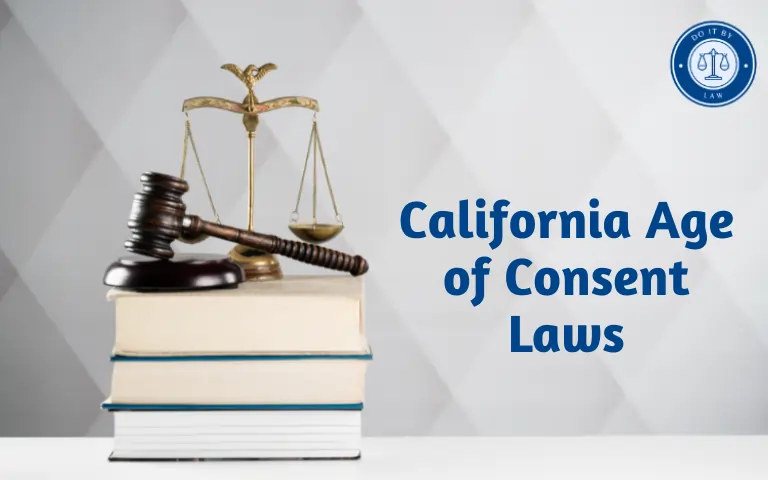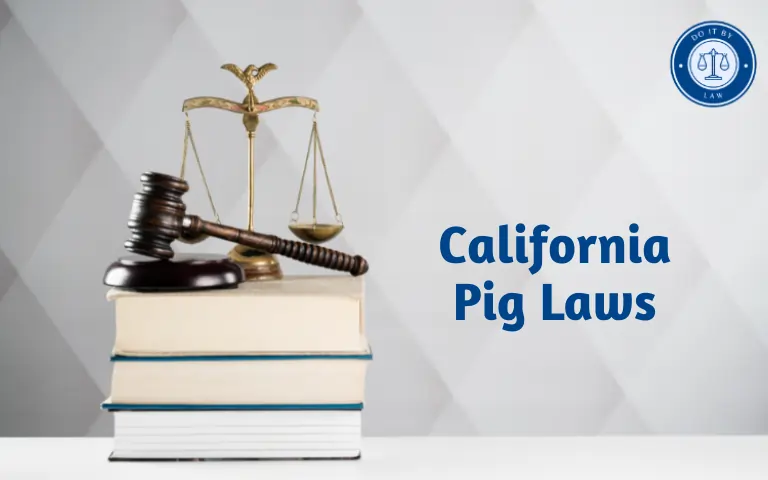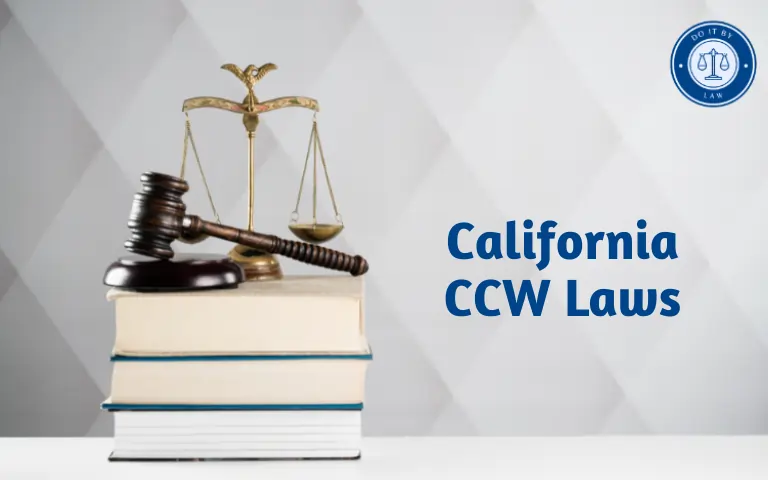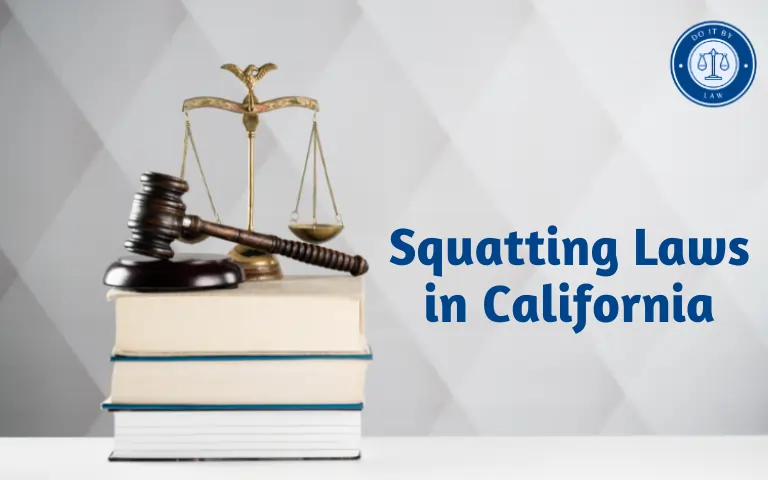California Age of Consent Laws: What You Need to Know
Ah, romance in the Golden State – surfside sunsets, Hollywood hookups, passionate nights fueled by fiery Latin spirits. But while love may transcend ages, laws are less so. Welcome to California’s notoriously strict California Age of Consent Laws rules governing romantic entanglements. Questions abound – how old is old enough? What’s too young? Let’s decode legal lines determining when affection becomes illicit by the state’s measure.
Enacted in the 19th century, updated frequently, and among America’s most stringent, California age of consent laws aim to curb underage exploitation. The age establishing statutory adulthood for sexual consent sits at 18 years old here with hefty historical penalties behind it – albeit some allowances for close ages. Why so harsh in progressive California? Concerns over agriculture and immigrant worker connections with “ loose” women played initial roles. But simple moralism and protectionism persist today.
Who Does California’s Age of Consent Laws Apply To?
Primarily those 18 and under. And their partners – whether similarly aged teens or potentially predatory adults. Parents also face obligations respecting consent provisions for certain medical treatments. Core applications include:
- 18-year-old age threshold where individuals assume full sexual self-determination rights regarding consent or refusal with partners of any age.
- Minors aged 16-17 do gain some autonomy rights but still fall short of full adult protections against coercion from those 18+
- Partners also risk strict liability for statutory rape without regard for claims of consent from those 16-17 or mistaken age belief.
- Minors 15 and under are classified as strictly off-limits legally regardless of false identification, age proximity or coercion claims invoked by the defense.
In essence, age of consent laws in California State extensive prohibitions around legal allowance for any sexual contact with those under 18 – period. And graduated consequences pursue violators.
Key Components of California Age of Consent Laws and Punishments
Let’s unpack key pieces guiding this legal guardianship:
- 18 years old age of consent established in Penal Code – below that statutory rape charges may apply
- Differences between misdemeanor and felony categorization as well as mandatory registry requirements
- Deceptive tolerant “Romeo & Juliet” allowances create confusion by not preventing all prosecution for consensual underage relations – just limiting penalties
- 2-year buffer for minors aged 15 and older provides only partial protection for misconduct claims against partners 18-19 – anyone over still qualifies for prosecution
- Minors 12-14 retain the most protection but the lowest consent autonomy, especially regarding contraception and abortion rights to safeguard against injuries
- Financially dependent youth especially fear or struggle voicing non-consent or reporting violations by providers
As you can see, California law expresses extreme skepticism around legal validity for consent and fundamental sexual agency rights from those under 18 in areas otherwise championing youth autonomy. Next, let’s examine the stiff punitive consequences behind this tough legal stance.
Penalties for Violating California Age of Consent Laws
Even progressive California imposes stern discipline around underage relations:
- Tiered felony charges for intercourse, and fondling with prison terms from 16 months up to 8 years depending on age gaps and acts
- Lifelong sex offender registration requirements following certain conviction categories
- Zero-tolerance prosecution for those 14 and under, with no exceptions
- Civil damages options enhancing courtroom retribution
Despite claims of coercion, trauma impacts, or plea deals, California minor consent violations carry lasting implications from criminal records to community exile through residency restrictions on certain registrants. Legal tolerance certainly finds its limits in Golden State waters.
Recent Updates and Proposals to California Age of Consent Laws
Incremental change occasionally surfaces amid legal debates:
- Raising ages higher to restrict predation while still allowing close peer relations
- Potential Romeo and Juliet carveouts to soften mandatory registration below certain age spans
- Separating teen media creation from adult exploitation charges in “sexting” type cases
- Enhancing privacy protections limiting the use of minors’ sexual history evidence in court
- Extending or enhancing civil remedies to shift accountability for damages toward providers in abuse litigation
But odds remain low that California ever move toward more permissive European approaches less reliant on black-letter age thresholds given public safety worries. Protecting naiveté persists as a legislative priority over emerging awareness.
Debates Around California Age of Consent Laws and Reform Efforts
Stakeholders harbor split opinions on balancing rights and protection:
- Mandatory minimum sentencing regimes spark due process complaints by limiting tailored remedies and incentives to plead down charges
- Defendant damage emerges from venue publication, residency limits, and harassment even if the registry is later removed in some cases
- The inability for teens to legally consent with reasonably aged peers infantilizes developing sexual independence, critics contend
- The state imposes a conveniently virtuous morality conveniently restricting youth agency and self-determination counter to liberation trends
Legal debates rage. However, retaining bright lines and simple determination offers law enforcement maximum maneuverability in controlling troublesome gray areas around underage vulnerability. Social priorities stand to trump youth advocacy for the foreseeable future.
California Age of Consent Law’s – The Maturity Myth
Myths abound of worldly minors freely navigating adult situations. But in truth, California leans toward prioritizing protection and clear categorical delineations over sophisticated situational analyses for ages legally unable to vote, drink, smoke, gamble, or enter binding contracts.
Through that lens, assuming sexual consent capacity requires an maturity belying youth. Stark numbers may establish adulthood’s arrival the day one turns 18 here, but social questions continue complicating legal consent granting one year or act earlier in some cases. Ultimately grey areas remain testing the limits of black letter law against societal reluctance toward early independence. Parents, suitors, providers, and especially minors themselves face navigating that murky margin. Tread cautiously.







